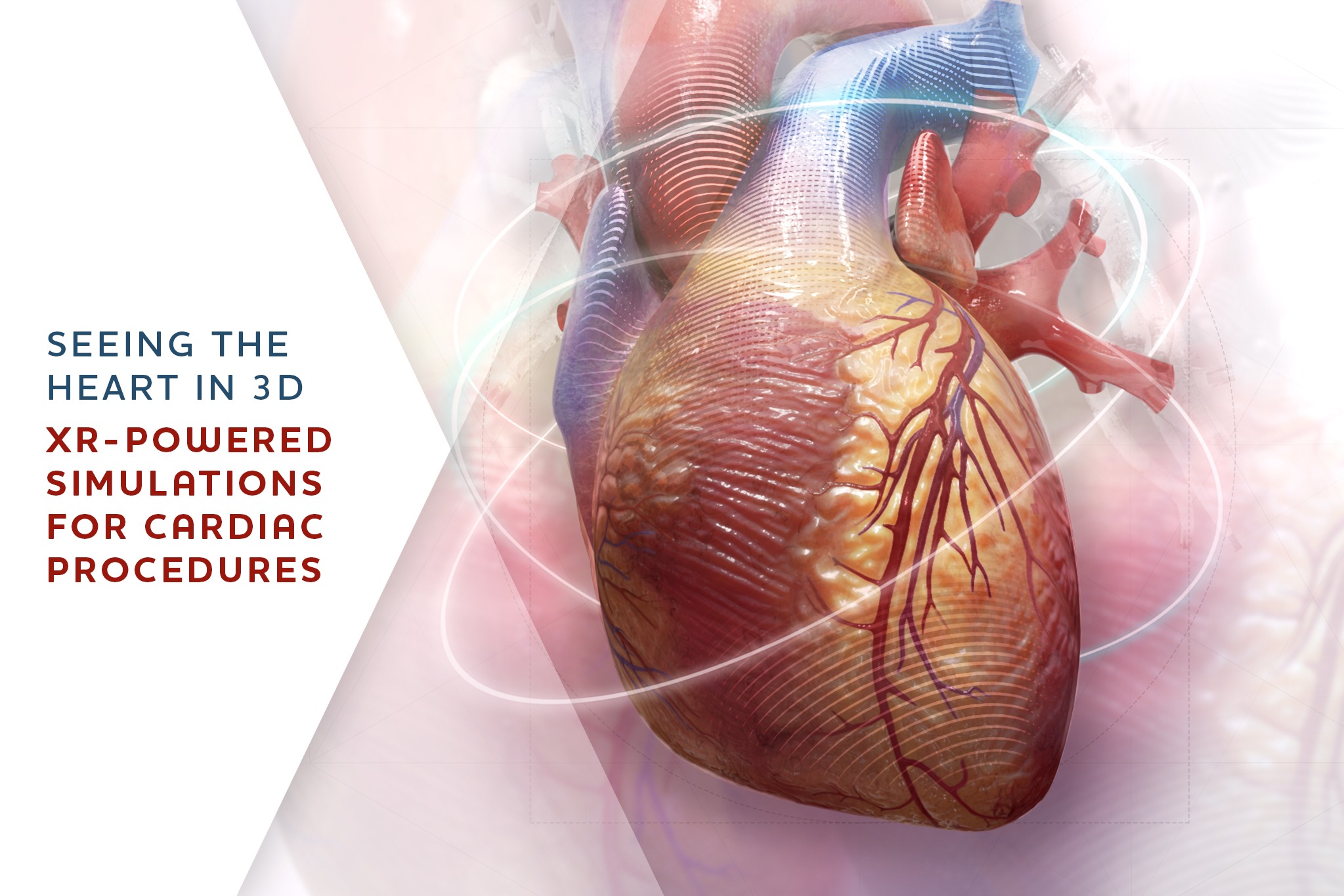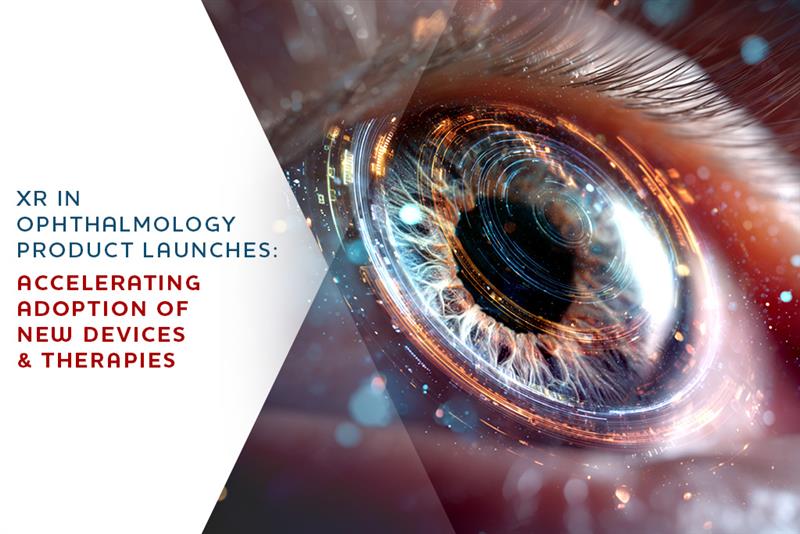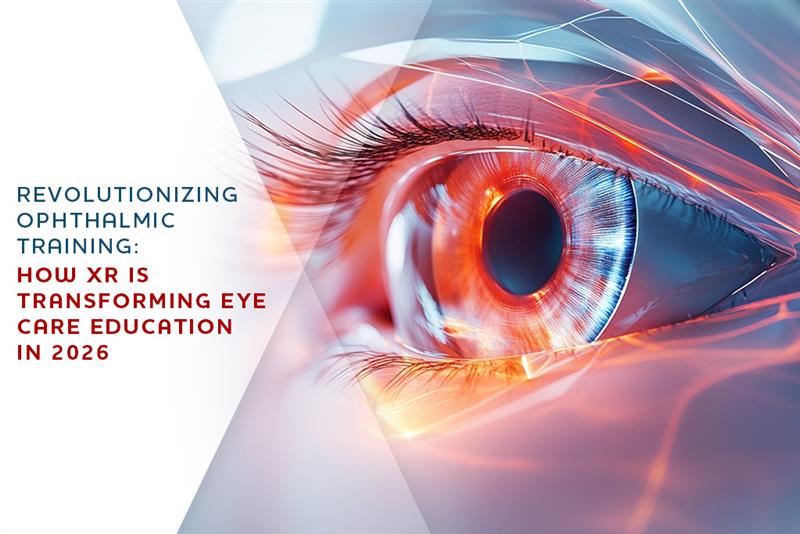Virtual reality lets healthcare professionals learn through experience. Using virtual and augmented reality as immersive learning tools, healthcare professionals can see into the body, explore the impossible, delve deep into complex concepts, and experience learning directly in the palm of their hand – all from a safe, secure and familiar environment: their own learning environment!
These incredible opportunities mean there are so many advantages of using virtual reality in education! Studies have shown that VR can be a more effective learning tool than many other traditional teaching methods. For example, by immersing healthcare professionals in the lesson, virtual reality creates more associations between subjects and environments than other teaching methods, helping them better understand, engage with and remember concepts.
What are the Advantages of Virtual Reality in Education?
Increase Memory Power and Knowledge Retention
Using virtual reality as a powerful learning tool is something that has been studied and explored with telling results. A study conducted by the University of Maryland showed that the group using VR to learn had a statistically significant recall improvement. By using VR in an exercise that tests memory and retention, they scored 8.8 percent better than a group using a traditional computer screen during the same exercises.
Healthcare providers are able to use these simulations in ways to not only learn new material but test and sharpen their current skills. Practice makes perfect, and VR medical simulations allow for these trained professionals to get all of the extra practice they need or want without the need of patients to experience it.
Improves Learning Outcomes
Because memory is improved and knowledge is retained easier, learning outcomes are improved too. Research involving almost 300 school students has shown that the use of virtual reality can increase student enjoyment and engagement in the learning task.
The study’s findings are shared in a paper published in the Journal of Educational Psychology, detailing how this group of students saw markable improvements in learning outcomes by using VR tools to learn. Healthcare providers can use these tools to brush up on familiar procedures to sharpen skills or tackle an entirely new concept and come out of the experience feeling like they have gained something from it.
Improves the Understanding of Complex, Conceptual Subjects
It can be difficult to find a way to explain complex concepts, especially when it involves things that are abstract or not able to be seen easily. The human body is a wondrous thing, but its inner workings aren’t an easy concept to grasp. Medical professionals have the ability to look at textbooks and watch people do surgeries or perform other medical procedures, but virtual reality lets you experience and see things up close that couldn’t be experienced otherwise.
Tipping Point Media Can Create Your Next Virtual Reality Medical Simulation
Tipping Point Media specializes in creating fully customized medical simulations that meet your goals. Our medical simulations and other experiential learning tools help your audiences take deep dives into complex subject matter and see views and perspectives they won’t be able to see anywhere else. Contact us for more information on our custom medical simulations!



